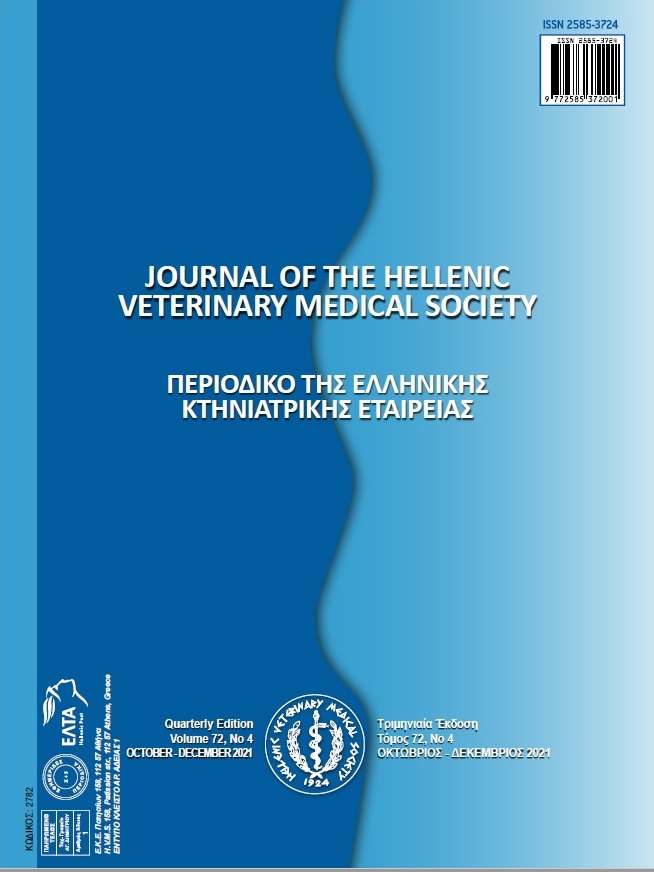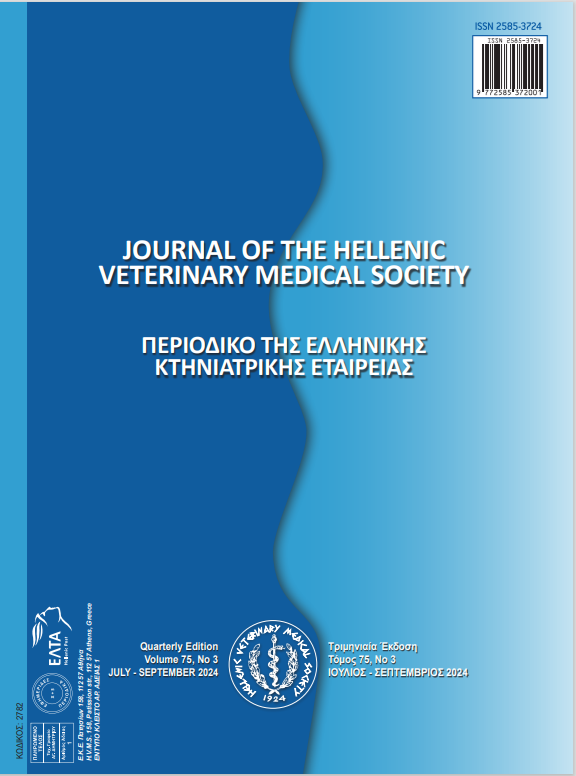Detection of antibodies to Toxoplasma gondii in neotropical primates from São Paulo state, Brazil
Abstract
Toxoplasmosis is a life-threatening disease in neotropical primates. The aim of the present study was to determine the frequency of antibodies to Toxoplasma gondii in neotropical primates from São Paulo state (SP), Brazil. The modified agglutination test (MAT, cut-off: 25) was used in 49 neotropical primates upon or after their admission to Associação Mata Ciliar (Jundiaí, SP, Brazil). Eight of the 49 animals (16.3%) were seropositive. The genus Sapajus had the highest antibody titer (12,800), followed by the genus Callithrix (3,200). No association (p> 0.05) was found between seroprevalence and genera (Alouatta, Callicebus, Callithrix, and Sapajus), sex or age. The three positive primates of the genera Allouataand the one of the genera Callithrix died, whereas the two seropositive Sapajus were alive. Further studies on the epidemiology of T. gondii infection are necessary in a larger sample size of captive and wild neotropical primates.
Article Details
- How to Cite
-
DE MOURA, H. ., ADANIA, C., SOARES, H., SILVA, J., GENNARI, S., CARDOSO, L., & LOPES, A. (2022). Detection of antibodies to Toxoplasma gondii in neotropical primates from São Paulo state, Brazil. Journal of the Hellenic Veterinary Medical Society, 72(4), 3423–3426. https://doi.org/10.12681/jhvms.29661
- Issue
- Vol. 72 No. 4 (2021)
- Section
- Research Articles

This work is licensed under a Creative Commons Attribution-NonCommercial 4.0 International License.
Authors who publish with this journal agree to the following terms:
· Authors retain copyright and grant the journal right of first publication with the work simultaneously licensed under a Creative Commons Attribution Non-Commercial License that allows others to share the work with an acknowledgement of the work's authorship and initial publication in this journal.
· Authors are able to enter into separate, additional contractual arrangements for the non-exclusive distribution of the journal's published version of the work (e.g. post it to an institutional repository or publish it in a book), with an acknowledgement of its initial publication in this journal.
· Authors are permitted and encouraged to post their work online (preferably in institutional repositories or on their website) prior to and during the submission process, as it can lead to productive exchanges, as well as earlier and greater citation of published work.




